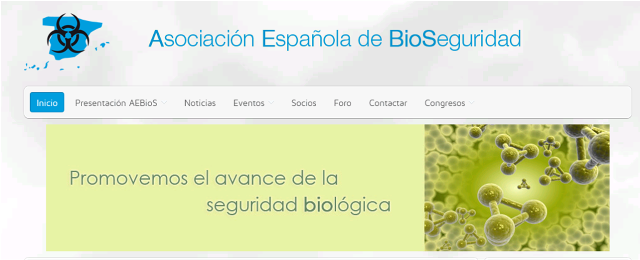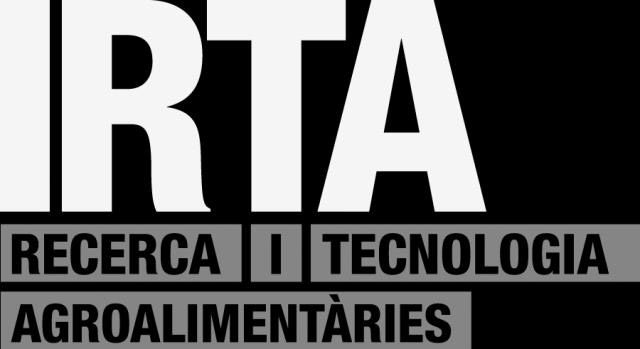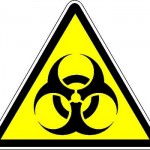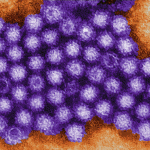Virulent comments (3): AEBioS. Do we associate in order to deal with biosecurity issues?

In March2011, anew association of professionals was set in motion inSpain. We are talking about the Asociación Española de BioSeguridad (AEBioS, by its acronym in Spanish).
It was established as a non-profit professional association, not as a company or institution association. In brief, it is a forum of participation aimed at public and private professionals linked to biological risk areas and its objective is to reinforce the exchange of updated and advanced knowledge in biosecurity and biocontainment in order to its possible future application in installations, centres and laboratories tied to human, animal and plant health under a bright and solid basis of technical and scientific concepts. Other models in the international field are the American Biological Safety Association (ABSA), with around 30 years of history, or the European Biosafety Association (EBSA), founded more than 15 years ago and which includes 24 European countries.
Among AEBioS activities, the spreading of scientific and technical information will play a big role because it lets society know about the biological risk problems, as well as the need and benefits of biological security. For that purpose, the association will use all the available means (meetings, congresses, conferences, expositions and the edition of publications).
During the first national congress of the AEBioS, which took place inMadridin late November 2012, biocontainment and biosecurity issues were addressed. In relation to biocontainment, the speakers talked about laboratory design, modular laboratories, solid waste treatment by means of plasma converters or liquid waste treatment by means of thermal inactivation, and identification of critical aspects. Regarding biosecurity, the speakers talked about the update to international or European regulations, technical and microbiological validation of equipments, spaces and surfaces, biological decontamination procedures by means of steamed hydrogen peroxide, and new designs in individual protection against biological agents. Moreover, there was an approach to the energetic efficiency in biosecurity laboratories, which consume much more energy than other conventional research or diagnostic laboratories. In that congress, CReSA presented what it has learnt since its beginnings. The second edition of such congress is planned to take place in 2014 inBarcelona, where CReSA will interact and exchange its knowledge and expertise with other Spanish professionals in biosecurity and biocontainment.
But that is another matter.
For more information www.aebios.org













